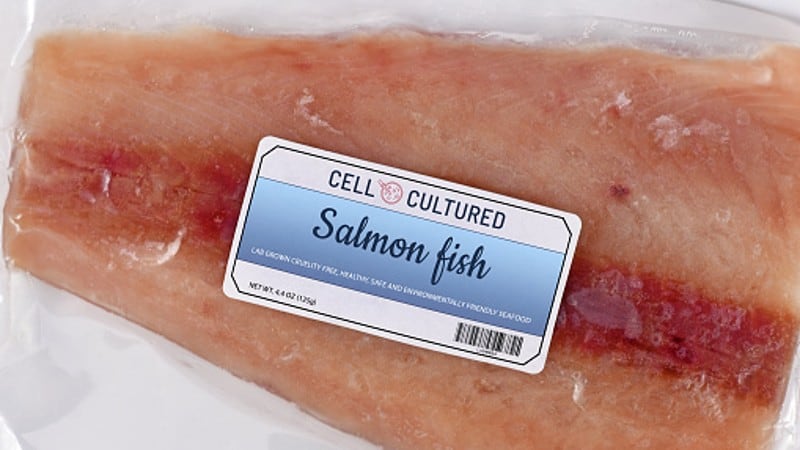Avant’s CEO Carrie Chan was a keynote speaker at our Growth Asia Summit held in Marina Bay Sands, Singapore between October 11 and 13.
Chan was speaking on the topic “Epicentre APAC: Why the region is primed to see cultivated seafood take-off”.
“[Cultivated seafood] is a lot more efficient use of resources. We only produce what we eat. If we don’t eat the tail or the bone, then we don’t cultivate it,” Chan said.
Established in 2018, Avant is said to be Asia’s first cultivated fish company, with operations in both Singapore and Hong Kong.
“We are end-to end technology platform, all the way from the cell line to the bioprocess.”
Some examples of its works include developing cell-based fish maw, cultivated fish fillet, and commercial production is targeted to take place in 2024.
Other problems associated with present seafood consumption include over-fishing, exposure to mercury, antibiotics, and microplastics. Fish suppliers are also challenged by issues such as climate change, ocean warming, algal blooms.
Nonetheless, these are not the challenges that Asian consumers care most about. For them, product price, accessibility, taste, food scandal and safety matter more.
This is why Chan believes that companies like hers should position the need for cultivated seafood in a way that consumers could related to.
“I think for Asian consumers, our entry point can be also a little bit different.
“For example, food safety, when it comes to seafood…We know that microplastic is a problem.
“However, we are still consuming seafood, and the only reason is because we cannot see the microplastics.”
Within Asia, she pointed out that China and India are two countries with a higher acceptance of cultivated cell meat at 59.3 per cent and 56.3 per cent respectively.
Potential supply chain
Citing data from the Good Food Institute’s “2021 State of the Industry Report: Cultivated Meat”, she pointed out that there were over 100 start-ups working on cell-cultivated meat – which was equivalent to over five times growth in the past three to four years.
Some of these companies are working on producing the cell-line or scaffold for cultivating cell-based meat.
As such, she believes that this would set in motion a supply chain consisting of companies producing specific components needed to cultivate cell-based meat.
Nonetheless, producing cultivated seafood also has its own set of challenges, such as cost, and reducing the reliance on scaffold when the cells are multiplying.





